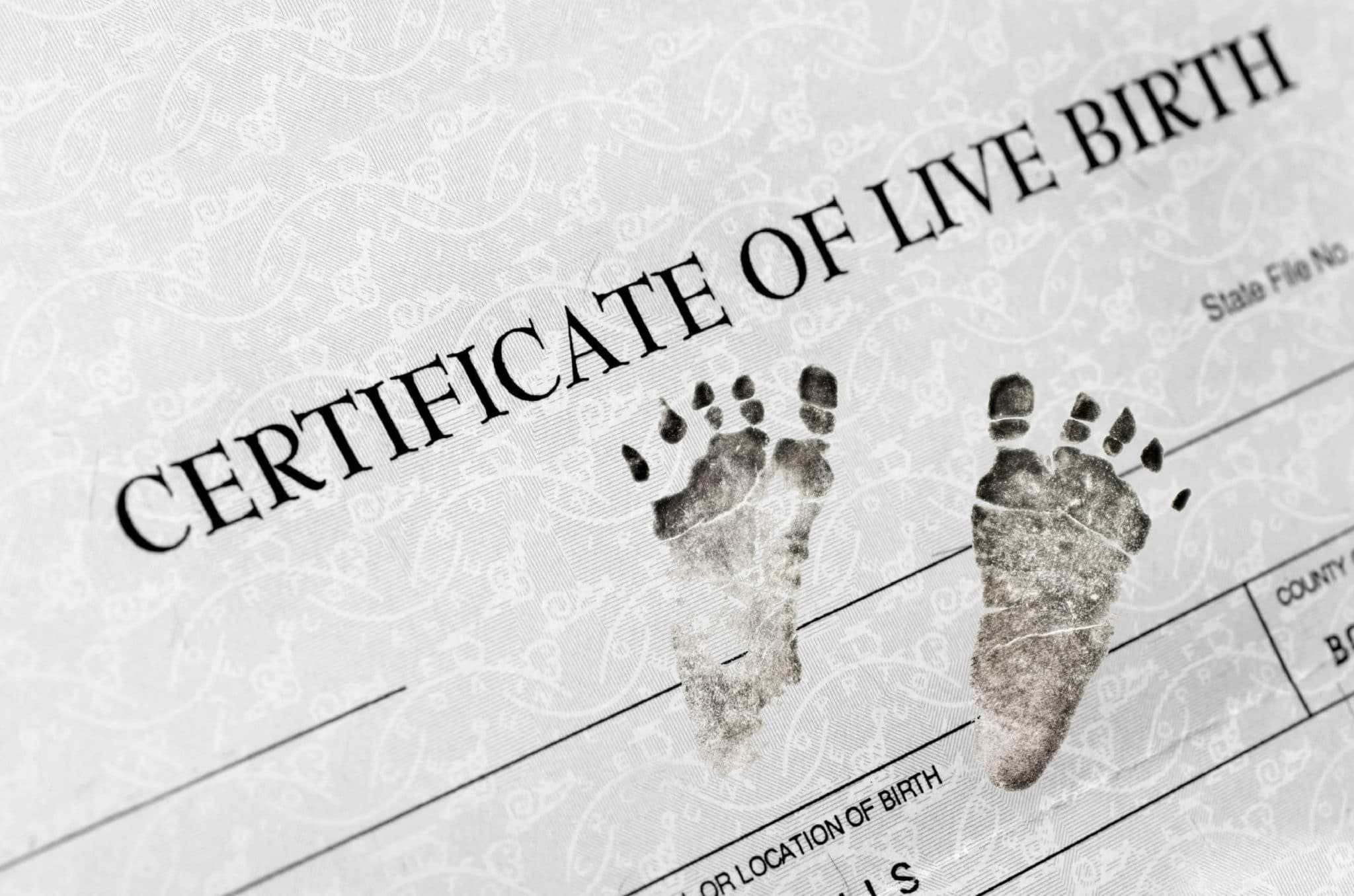
23 Aug 2016 Texas Settlement Affirms Birth Certificates Are Essential
A recent settlement in a federal lawsuit against the state of Texas may benefit LGBT intended parents by establishing the importance of an accurate, valid birth certificate in protecting children’s rights.
The U.S. Constitution states that children born in the United States are automatically U.S. citizens at birth, even if their parents are not citizens. Until recently that enshrined principle has rarely been questioned.
But in 2013, The New York Times reports, Texas lawmakers began looking for ways to halt an influx of Central American families fleeing violence in their home countries by entering the state illegally. In 2014, Texas and 25 other states filed a federal lawsuit to overturn the Obama administration’s efforts to reduce the deportation of undocumented immigrants. The states effectively won that case on a tie vote of the Supreme Court justices.
During this period of litigation, Texas registrars changed the rules for how undocumented parents must obtain birth certificates for their babies born in the United States, rejecting documents they had previously accepted to affirm the parents’ identities and requiring documents many parents were unable to obtain. According to a New York Times report:
Texas county offices began to require that foreign passports presented by parents include a valid United States visa. Officials also stopped accepting photo identity cards, known as matrículas, that Mexicans obtain from their consulates in the United States. In 2013, the lawsuit said, Texas stepped up enforcement of the new rules….
“The bottom line is, there was a category of people who were being locked out of obtaining a birth certificate to which they are entitled constitutionally as citizens born in the United States just because of the immigration status of the parents,” said Efrén Olivares, the legal director of the Texas Civil Rights Project’s South Texas office and a lead lawyer in the lawsuit.
The state’s new rules left the children of undocumented parents with no birth certificates. Parents couldn’t have their children baptized, register them for school or get them required vaccinations; parents also lived in fear that without valid birth certificates, their children could be removed from them or separated from them in the event they were deported. Attorneys for the state argued that families did not need birth certificates in order to enroll their children for state programs—a claim that the U.S. District Judge didn’t buy.
The state backed down and agreed to accept several additional forms of documentation allowing undocumented parents to obtain birth certificates for their children, including Mexican voter identification cards and certificates from the El Salvador, Guatemala and Honduras consulates. State officials also have established a review process for families who have been denied birth certificates for their children and implemented training for county officials.
The settlement represented a happy ending for hundreds of families who had been left unable to validate their children’s parentage. Even more importantly, it established the principle that birth certificates are an important document essential to the human rights of individuals born in the United States. That legal precedent may be important in the future for LGBT intended parents and others who have children via surrogacy, such as the two dads in a recently resolved Wisconsin case who were forced into a year-long legal battle to establish parentage of their son born via surrogacy and embryo donation.
In that case, even though the two men had been together 25 years, had been legally married since 2008, and had two daughters previously via surrogacy, a Wisconsin judge denied their parentage of their son, leaving him effectively an orphan, and costing them more than $400,000 in legal fees. That case was only resolved when the judge abruptly stepped down, and a new judge overturned the earlier decision.
That case developed due to a gap in Wisconsin law that fails to clearly address parentage in surrogacy cases. What the Texas settlement did was to reaffirm that all children have a right to the legal certification of their nation of birth and the identification of their parents that only a birth certificate provides. Based on that precedent, in future cases, it is hoped, no judge will consider denying an accurate, valid birth certificate to any child, regardless of the circumstances of his or her birth.

















